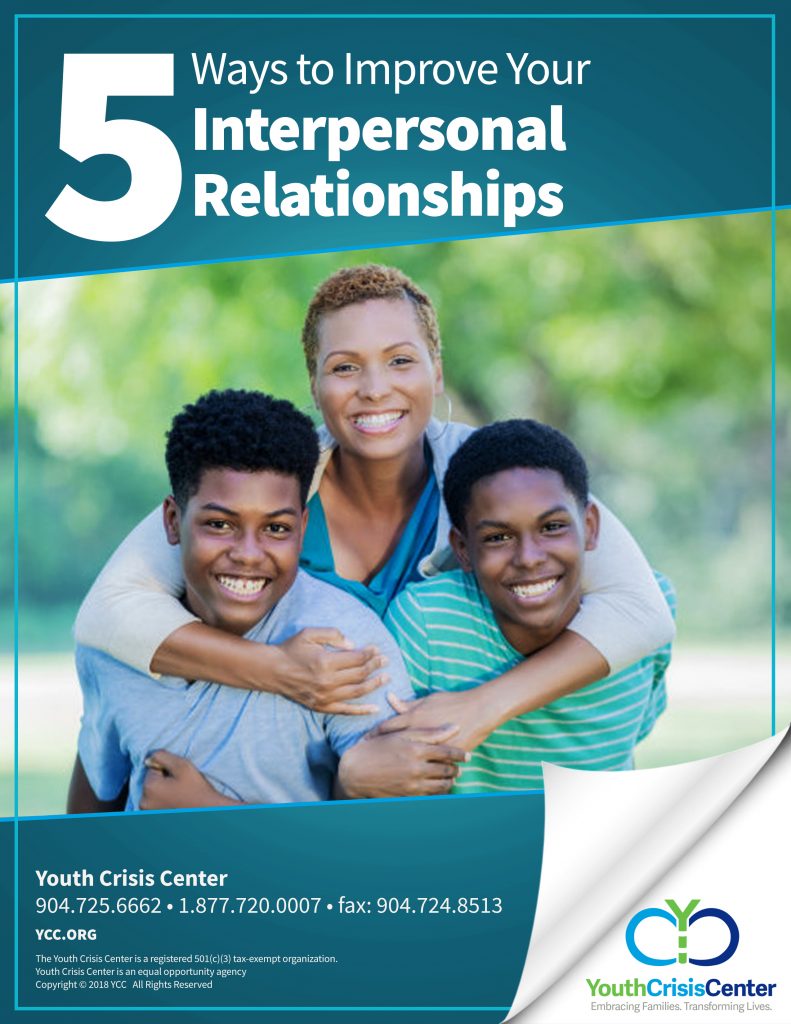Everybody has some type of routine in their life. Whether it’s waking up and making your favorite pot of coffee or doing some type of skin or self-care before bed. Bertha Barrett is an Outpatient Therapist for the Youth Crisis Center and is also a Certified Clinical Trauma Professional. She challenges people to think of how important routines are to our overall health. A routine is like a habit, it is a consistent practice for completing a series of tasks daily.
Routines and your health
Going back to the different parts of routines, some parents often help their young children create routines that will help them in the long run as they grow older. Some kids are often taught to wash up, brush their teeth, and eat breakfast once they wake up. It’s not just setting up healthy habits or to prevent cavities, routines can help your mental health as well. According to Barrett, routines help elevate stress, anxiety, and insomnia. “Think about those days when you were attempting to incorporate multiple things in your week along with work, school, and any other extra activities you have. You may have experienced some anxiety, difficulties sleeping, and felt extremely stressed throughout the day as you thought about all the things you had to complete.”
Barrett says while you were having those feelings emotionally, you probably felt something physical as well. According to Barrett, there was a chance you felt tense in your shoulders and neck, there was a sense of butterflies in your stomach, or you felt fatigued and irritable.
Keeping it consistent and goal-oriented
The article “The Importance of Creating Habits and Routines” in the American Journal of Lifestyle Medicine states that learning ways to create and practice routines around one’s daily lifestyle is significant for improving overall health and reduce chronic issues. Barrett believes having a routine helps to free up mental resources for other tasks. When establishing a routine, it is critical to consider your set goals as the purpose.
Barrett also wants to point out that it is important to remember that like habits, routines take time and have to include a repetition to become an automatic response. It is common for some to say that it takes 21 days to create a habit. However, research from The British Journal of General Practice, it can take on average 66 days or 10 weeks for something to become habitual. Barrett says this simply means consistency is key.
She stresses the fact that one cannot establish a routine and follow it for only a couple of days or a week and expect to reap the many benefits it offers.
S.O.S
A lot of us sometimes wish we could just make a sudden change to our lives and it sticks with no problem. Unfortunately, we can’t always get what we want. Barrett reminds us as with anything, too many sudden changes can overstimulate our mind and create more stress. She wants to start off small. It is also recommended to keep your routine simple at first and precise. For example, it will not be realistic to go from reading this blog to telling your household everything needs to be done by 7:00 pm for you all to have family time. Barrett says it’s not going to happen because it’s too broad and you need to be specific when setting a routine. She encourages people to make a list of daily things that need to be done. Focus your routine around those daily things, from there you can decide how to go from getting those done every day to make sure they are done with enough time to spare to add in routine family time.
Youth Crisis Center’s Outpatient Behavioral Health
The Youth Crisis Center was founded in 1974 as Florida’s first run-away program and has grown to be one of the largest and best-known providers of services for youth and families. Nationally recognized as setting a standard in youth services, YCC has been ranked as one of the top five programs in the United States by the Youth Policy Institute in Washington D.C. Throughout the past 46 years, YCC has helped thousands of youth and their families overcome adversity and build stronger relationships.
One of the several programs YCC offers is Outpatient Behavioral Health. This program provides comprehensive mental health and psychiatric care to kids as young as three and their families. Parents may also receive individual and family counseling regardless if their child is a client at YCC.
Click to learn more about 5 Ways to Improve Your Interpersonal Relationships.


